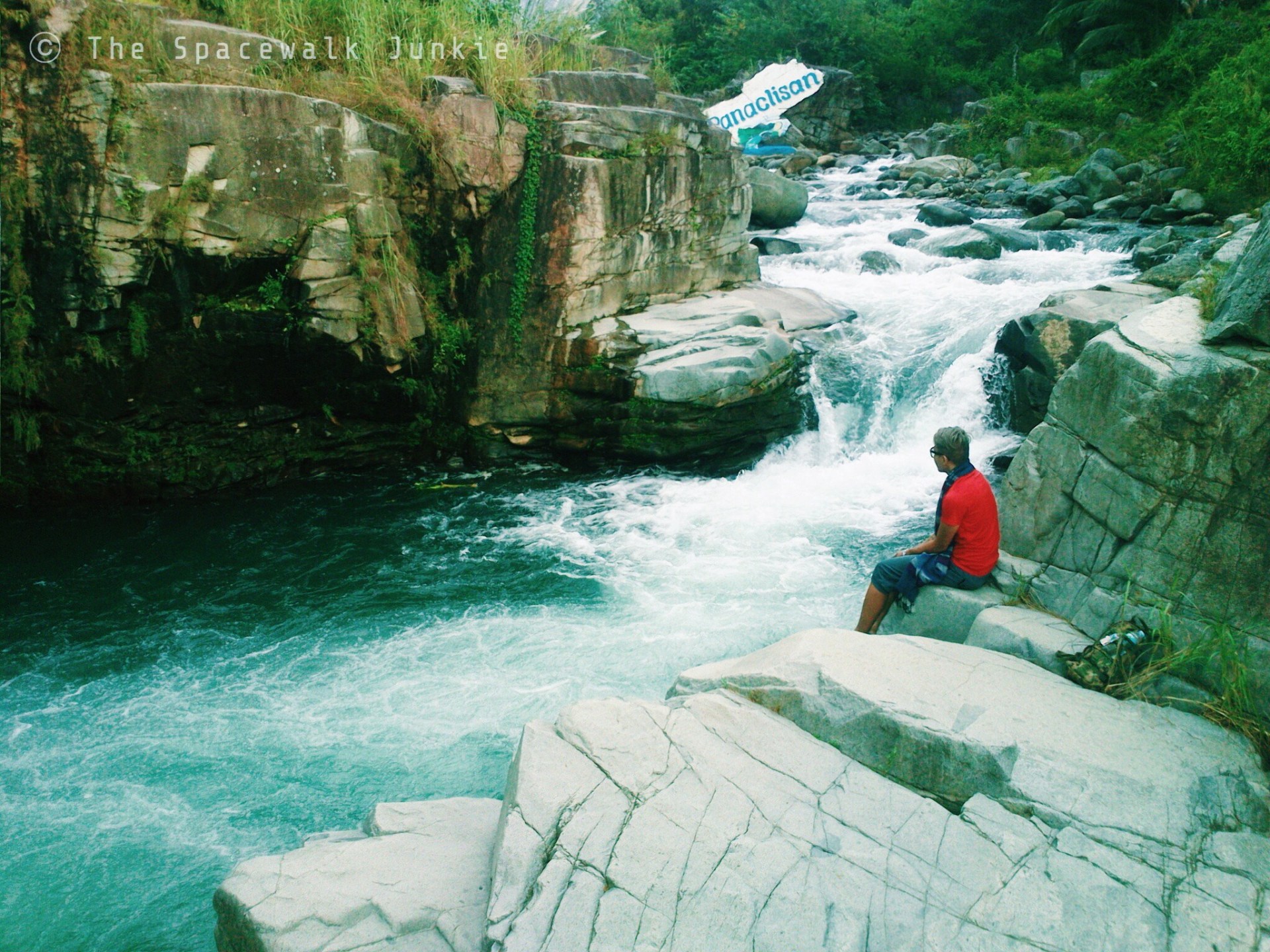Baay licuan, Abra
The word Baay came from the phrase “awan ti paay”, which means useless in Ilocano. The phrase came about when a long time ago, a goddess of beauty named Ayo visited the place now known as Baay. Ayo in her visit left a gift to the people, a musical instrument made of bamboo called “balimbing” by the inhabitants. Because of their joy in receiving the gift, the people held a feast. During their celebration, the people sang and danced, eager to hear the sound of the balimbing. The people expected that the instrument would produce a sweet sound, as sweet as its source. When the balimbing was played, the people were disgusted because it produced a harsh and unmelodious tone far from what they expected. Hearing the balimbing’s sound, one of the disgusted guests commented “awan ti paay”.
Licuan during the early times was called “Basakal”. The word Licuan came from the name Licuanan, a woman of extraordinary size and strength who once ruled the place. Licuanan, with her extraordinary characteristics, became a legend and a heroine. She was said to be bigger than anybody else in her time and had the strength of five men combined. Because the community was frequently bothered by headhunters from neighboring tribes living in the eastern mountains, Licuanan was the perfect choice to rule the place.
Baay-Licuan has 11 barangays as follows: Licuan, Bonglo, Bulbulala, Caoayan, Domenglay, Tumalip, Lenneng, Mapisla, Mogao, Nalbuan and Subagan.
Licuan during the early times was called “Basakal”. The word Licuan came from the name Licuanan, a woman of extraordinary size and strength who once ruled the place. Licuanan, with her extraordinary characteristics, became a legend and a heroine. She was said to be bigger than anybody else in her time and had the strength of five men combined. Because the community was frequently bothered by headhunters from neighboring tribes living in the eastern mountains, Licuanan was the perfect choice to rule the place.
Baay-Licuan has 11 barangays as follows: Licuan, Bonglo, Bulbulala, Caoayan, Domenglay, Tumalip, Lenneng, Mapisla, Mogao, Nalbuan and Subagan.
